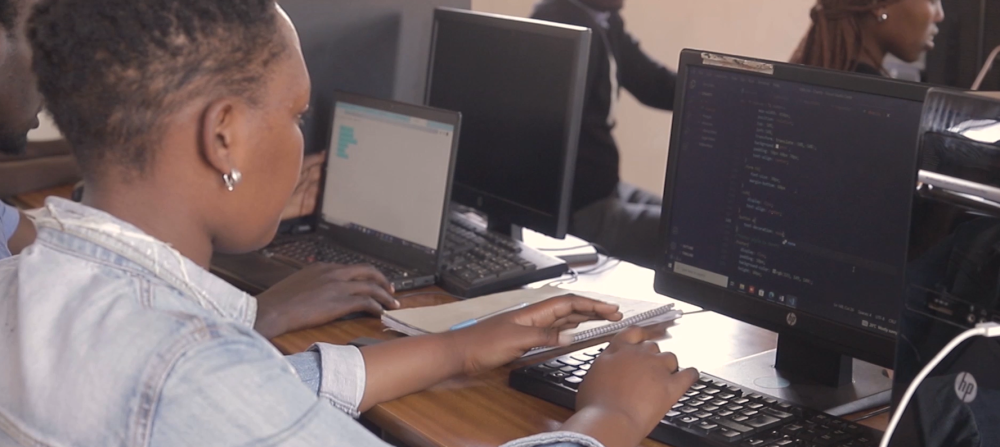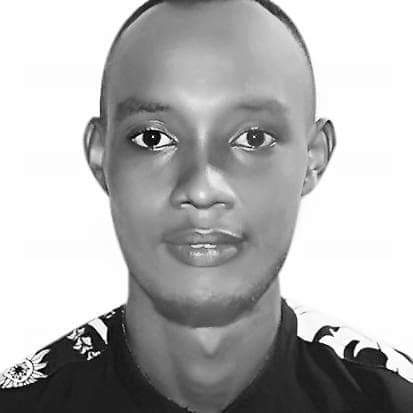

Leilah Carmene Ntirampeba, a refugee in Mahama camp in Eastern Province, had lost hope for the future when her family fled Burundi in 2015.
Ntirampeba, 24, enrolled in a local secondary school and studied Mathematics, Economics and Geography. After secondary school, she enrolled in a coding programme offered at the camp located in Kirehe District.
Though life in a refugee camp means that there are limited resources and it is hard to have reliable incomes, training in software development offers opportunities for employment and internship placements for refugees like Ntirampeba.
ALSO READ: Coding-academy-set-to-accommodate-more-students
The Burundian refugee is one of the top performers in a cohort of 40 students, who attended 10 months of training in software development.
"Along with my colleague, we are developing an app which will help refugees access health services; we named it Mahama Med-care app,” said Ntirampeba, who is one of top 20 students waiting for a four-month internship, in which they will receive career coaching and further entrepreneurial skills.


"The app will help patients schedule an appointment with a doctor, and view the doctor’s availability. This will help them save time and focus on other productive activities,” she said.
Ntirampeba added that the app has an offline component which notifies refugees about the logistics of the monthly aid.
ALSO READ: Stem-industry-women-inspire-next-generation-of-girls-in-tech
A similar coding programme is also offered at Nyabiheke Refugee Camp in Gatsibo District.
This structured approach ensures that students not only learn coding but also understand how to navigate the job market and potentially start their own businesses.
Up to 24 software developers graduated from the programme in 2023-2024. 20 of them have been placed in different tech companies in Kigali, while two secured positions at Rwanda Information Society Authority (RISA). More programmers got internship opportunities in organisations.
Jonathan Kalisa, the senior coding officer who teaches the refugee and host communities said the programme equips the trainees with necessary skills that companies look for in interns.
"When we approach companies about hiring our coding graduates, they think we should pay for the placement,” he said.
"It is still a challenge but we urge companies to have trust in the refugee students because they are well trained and capable of competing on the job market.”
The Ministry of Emergency Management, in partnership with ALIGHT, a non-profit organisation, plans to establish a 14-month project which will train a new cohort of software developers in the camps in 2024-2025.
The project targets a cohort of 80 students in coding school and 400 hundred computer basic literacy learners from both coding school and STEMPower computer labs, in Nyabiheke and Mahama camps.
"It is very exciting to see the inclusion of women and young girls in this coding programme. They want to be coders and software developers,” said Eunice Mwende, Executive Director of ALIGHT. "Our goal is to reach 70 percent of girls participating in coding and software programming.”
ALSO READ: Over-50-pupils-complete-coding-robotics-courses
Rwanda aims to become the leading ICT Hub in Africa, focusing on innovation, research, and development. The strategic plan, covering 2019-2024, aligns with the National Strategy for Transformation goals and other ICT-related policies.
Inclusion of refugees in the initiatives such as the coding and programming classes for refugees in Mahama and Nyabiheke camps, aligns with the national strategies for economic development.


